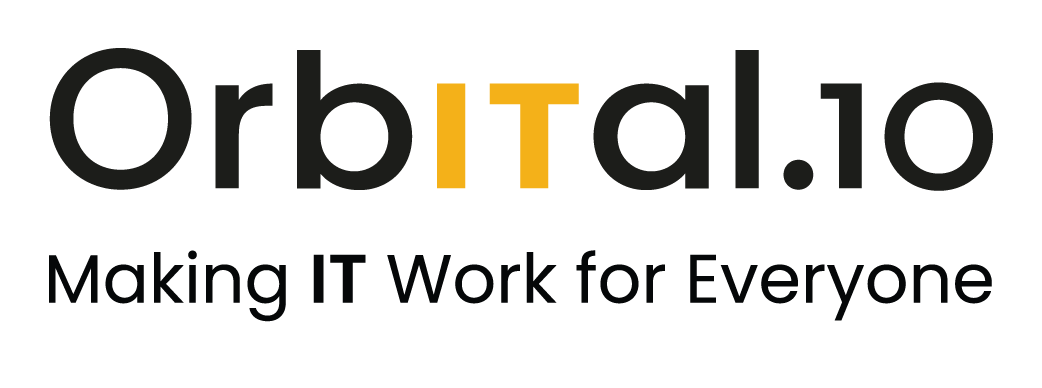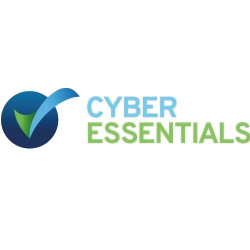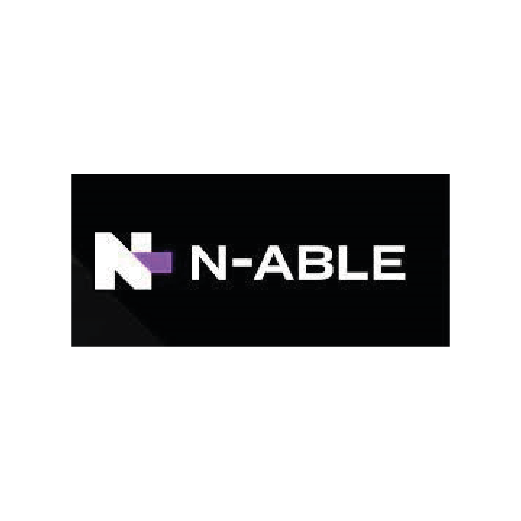Beware of the ‘Free’ Trap: How File Conversion Tools Could Be a Backdoor for Ransomware
Need to convert a Word doc to a PDF in a pinch? A quick Google search and a free online tool later, job done… right?
Not always.
Behind many “free” tools—especially file converters—lurks a hidden cyber threat.
According to recent warnings from the FBI, cybercriminals are using these seemingly harmless tools to sneak malware and ransomware onto unsuspecting devices.
What’s the Risk?
These tools often look legitimate and do what they promise: convert your file format. But while they’re working in the foreground, they could also be:
- Installing malware that monitors your activity or steals your data
- Embedding ransomware that locks your files and demands payment to restore them
- Harvesting sensitive information from the files you upload—like customer data, passwords, or financial details
Think of it like this: you upload a simple invoice for conversion, but in the background, that file is being scanned for valuable information. Or worse, you download a file that quietly gives hackers access to your system.
Why It's So Dangerous
The biggest threat is how normal these tools seem. They work, they’re fast, and they don’t raise red flags. That’s exactly what makes them effective bait.
If your team uses online file converters—even occasionally—it’s critical to make sure they’re not downloading trouble by mistake.
What You Can Do
- Avoid unverified free tools. Stick with trusted, reputable software from known providers.
- Educate your team. Make sure everyone knows the risks behind “free” tools.
- Use built-in tools in Microsoft 365, Adobe, or other enterprise platforms that offer secure conversion options.
Staying safe online isn’t just about using antivirus software—it’s about making smart choices, especially when something looks too good (or too easy) to be true.
Need help finding secure alternatives or setting up safe processes for your team? We’re here to help - get in touch with the Team >



























